Around the world, laws are created to maintain order, protect citizens, and uphold cultural values. However, some laws stand out for being particularly unusual, quirky, or downright bizarre. Whether they’re rooted in history, religion, tradition, or public hygiene, these laws can seem strange—especially to outsiders unfamiliar with the local context. From banning chewing gum in Singapore to requiring government permission to reincarnate in Tibet, these laws reveal the diverse and often surprising ways societies try to manage behavior. In this list, we explore ten of the world’s strangest laws, each offering a glimpse into the unique priorities and values of the countries that enforce them.
1. Chewing Gum Ban – Singapore
In an effort to maintain one of the cleanest cities in the world, Singapore implemented a strict ban on chewing gum in 1992. The law was introduced after incidents where used gum was being stuck on public transport doors and pavements, causing cleanliness and maintenance issues. Today, you can only purchase chewing gum for therapeutic or dental purposes and only through a doctor or registered pharmacist. Tourists carrying a small amount for personal use typically don’t face penalties, but large-scale import or sale without a license is punishable by heavy fines or imprisonment.




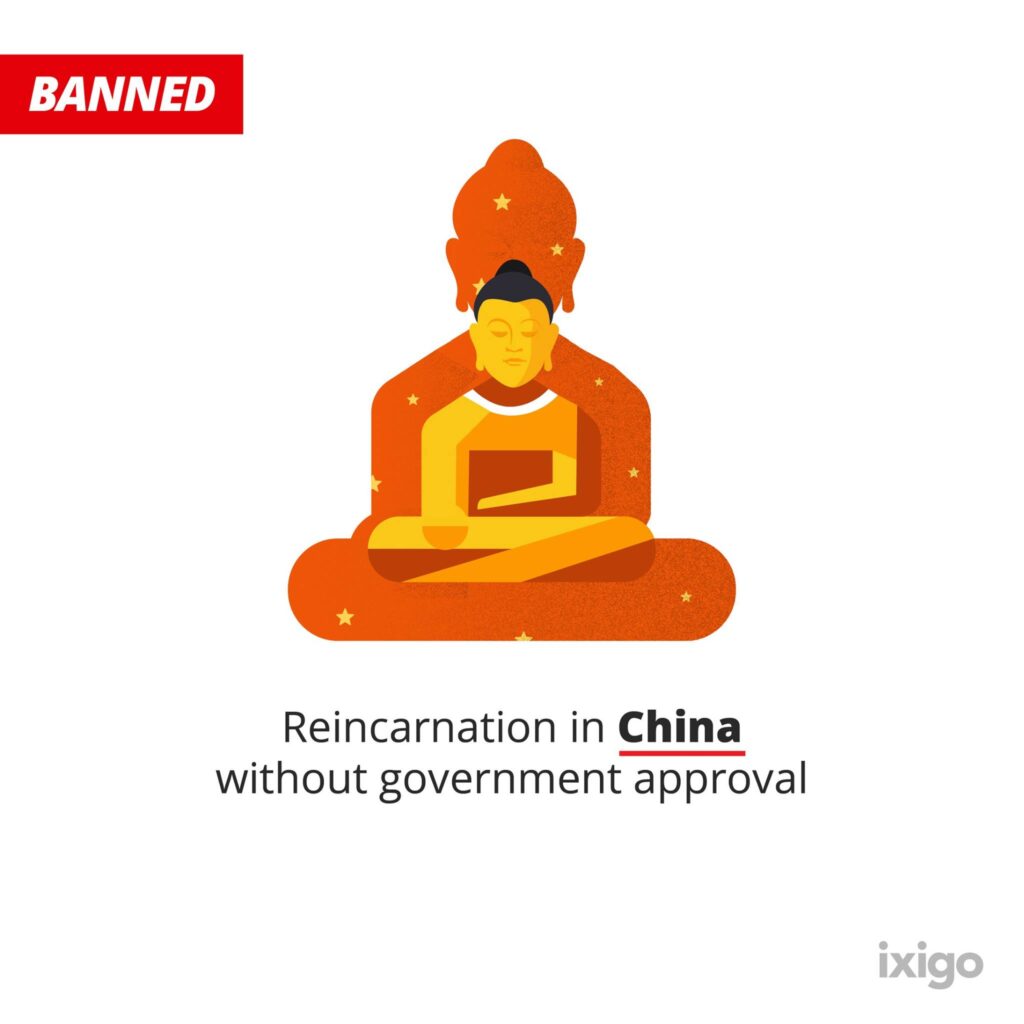

2. No Reincarnation Without Permission – China (Tibet)
In a peculiar example of governmental control over religion, China passed a law in 2007 that requires Tibetan Buddhist monks to get permission from the government before reincarnating. This bizarre-sounding law is a political move aimed at undermining the influence of the Dalai Lama and other spiritual leaders in Tibetan Buddhism. The Chinese government claims it’s a matter of order, but critics see it as an oppressive tactic to dominate Tibetan culture and religion by controlling even spiritual succession.
3. Winnie the Pooh Ban – Poland (Certain Playgrounds)
In 2014, officials in the Polish town of Tuszyn proposed banning Winnie the Pooh from a children’s playground, citing concerns about the character’s inappropriate attire—or lack thereof. Since Pooh doesn’t wear pants, some officials labeled him as a poor role model for children. The debate sparked ridicule online, with many seeing the issue as absurd. Although not a national law, this local decision made headlines worldwide as one of the oddest cultural interpretations of a beloved children’s character.


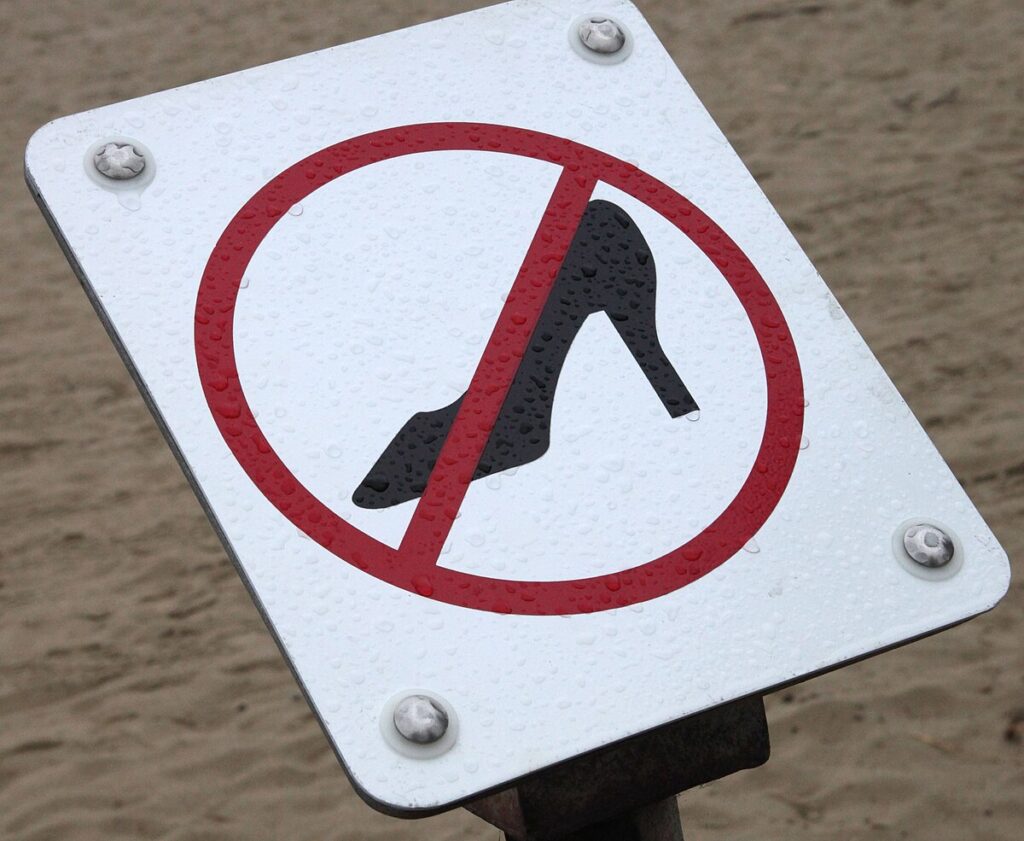
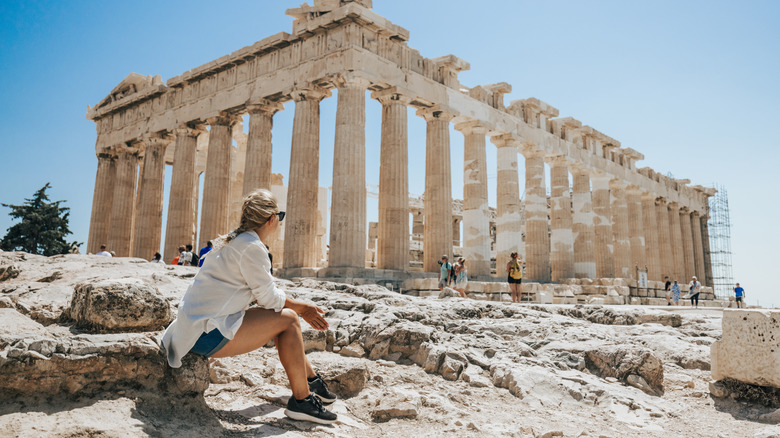

4. No High Heels at Historic Sites – Greece
To protect ancient ruins from damage, Greece enforces a law that bans visitors from wearing high heels at historic sites, including the Acropolis. The rule, introduced in 2009, is intended to preserve the integrity of these fragile and irreplaceable monuments. The pointed heels can chip or scratch the ancient stones, contributing to long-term erosion. Visitors are advised to wear flat-soled shoes to avoid penalties and to help preserve Greece’s rich archaeological heritage.
5. Naming Restrictions – Denmark
In Denmark, parents are not free to name their children anything they like. The government maintains a list of around 7,000 pre-approved names, and if parents wish to choose a name not on the list, they must apply for special permission. The law aims to protect children from names that could be seen as offensive, inappropriate, or difficult to pronounce. The authorities also assess whether the name clearly indicates the child’s gender and follows Danish grammar rules. Examples of rejected names include “Pluto” and “Monkey.”



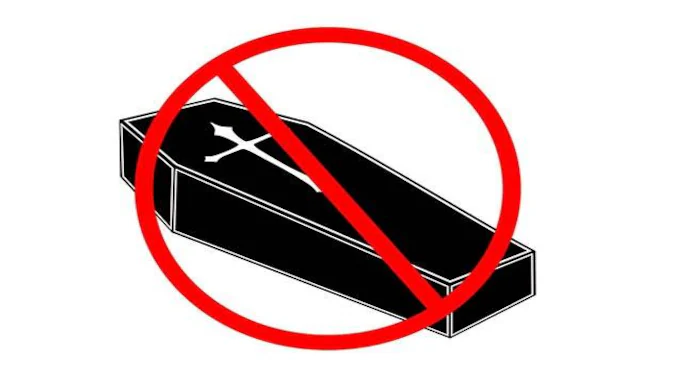

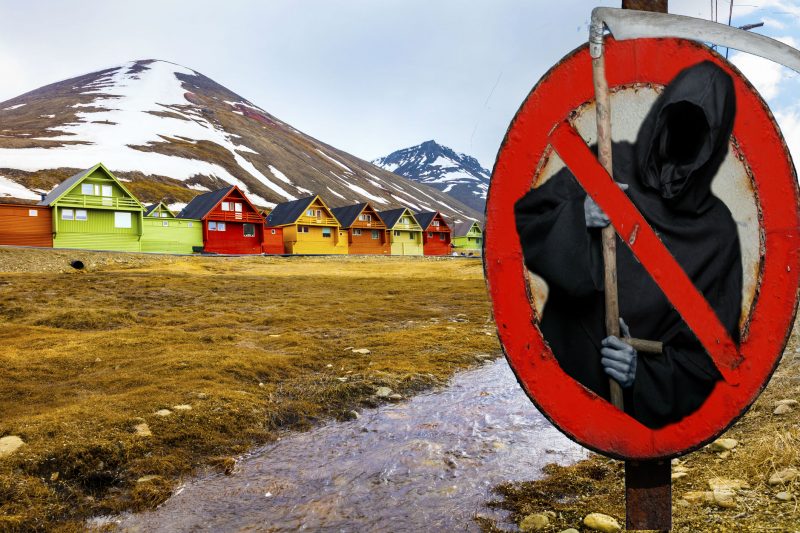
6. It’s Illegal to Die – Svalbard, Norway
In Longyearbyen, the northernmost settlement in the world on the island of Svalbard, it is technically illegal to die. This law stems from the region’s extreme Arctic climate, which prevents human bodies from decomposing in the permafrost. As a result, corpses buried there are preserved almost indefinitely. The town stopped burying its dead in 1950, and anyone who is terminally ill is flown to mainland Norway. It’s not a criminal offense, but a public health policy designed to prevent disease and respect the environment.
7. No Selfies with Buddha – Sri Lanka
Tourists visiting Sri Lanka should be careful when posing with Buddha statues. Taking a selfie with your back turned to a Buddha image is considered deeply disrespectful in the country. This can lead to fines, deportation, or even jail time. The Sri Lankan government enforces this law strictly to preserve the sanctity of Buddhism, which is the state religion. In some cases, tattoos of Buddha have also led to people being barred from entering the country or arrested upon arrival.
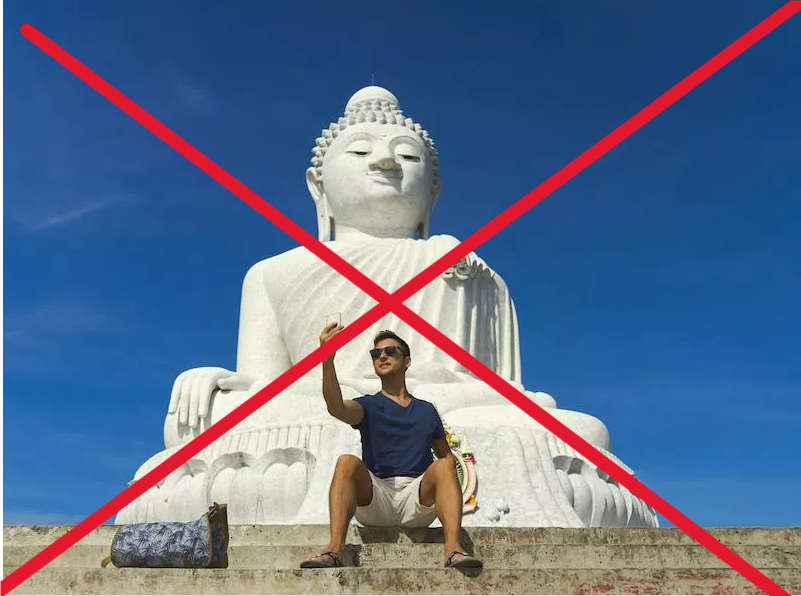
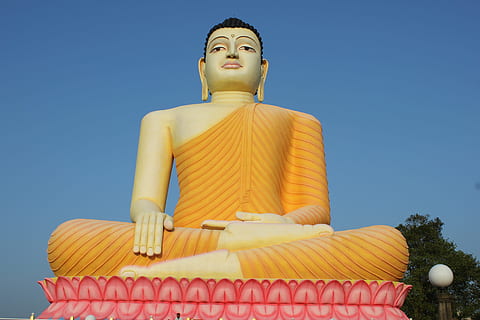
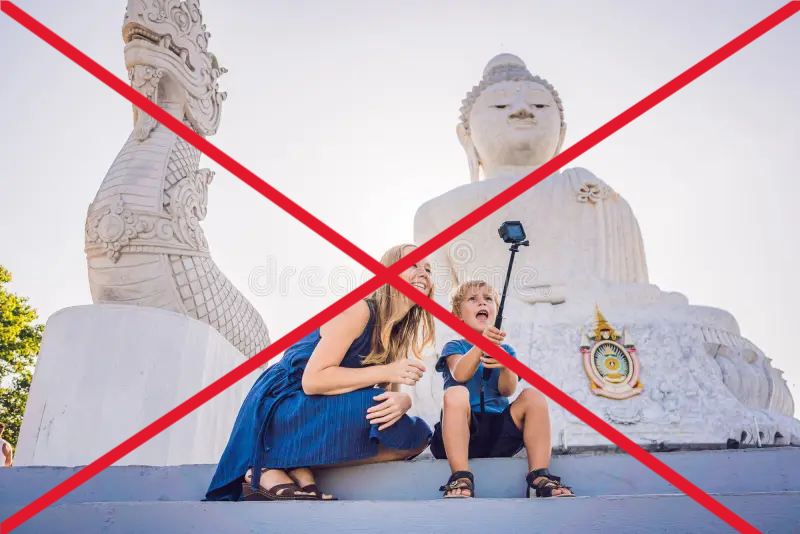



8. No Flushing After 10 PM – Switzerland (Apartments)
In certain apartment buildings in Switzerland, flushing the toilet after 10 p.m. is considered a disturbance of the peace and is legally restricted. While not a national law, this is a common house rule enforced by landlords in communal living spaces. The intent is to reduce noise during quiet hours, as many Swiss citizens live in closely packed apartment blocks. Though it may seem over-the-top, it’s part of a broader cultural emphasis on respecting neighbors and maintaining a peaceful environment.
9. Feeding Pigeons is Banned – Venice, Italy
Venice, known for its historic beauty and delicate architecture, banned the feeding of pigeons in 2008, particularly in St. Mark’s Square. Pigeon droppings had been causing significant damage to marble statues and buildings, prompting costly restoration efforts. Additionally, leftover food was attracting more birds and leading to hygiene concerns. Those caught feeding pigeons can face fines up to hundreds of euros. The move, though unpopular with some tourists, has helped reduce the pigeon population and protect Venice’s historic charm.






10. Don’t Step on Money – Thailand
In Thailand, stepping on currency is considered an insult to the monarchy because Thai banknotes and coins bear the image of the King. The Thai monarchy is deeply revered, and any perceived disrespect toward the royal family can lead to criminal charges under the country’s strict lèse-majesté laws. Even accidental offenses can be met with serious penalties. Tourists are advised to handle Thai money with care and never place it on the ground or step on it to stop it from blowing away.
Conclusion
While laws are designed to guide societies and maintain order, some of them reflect the unique cultural, historical, or even humorous aspects of a nation. The strange laws highlighted in this list may seem absurd or amusing, but they often stem from serious intentions or deep-rooted traditions. They remind us that what seems normal in one part of the world may appear completely baffling elsewhere. Understanding these unusual regulations offers a fascinating glimpse into the diverse and sometimes eccentric fabric of global legal systems—and shows just how wonderfully weird our world can be.


Leave a Reply